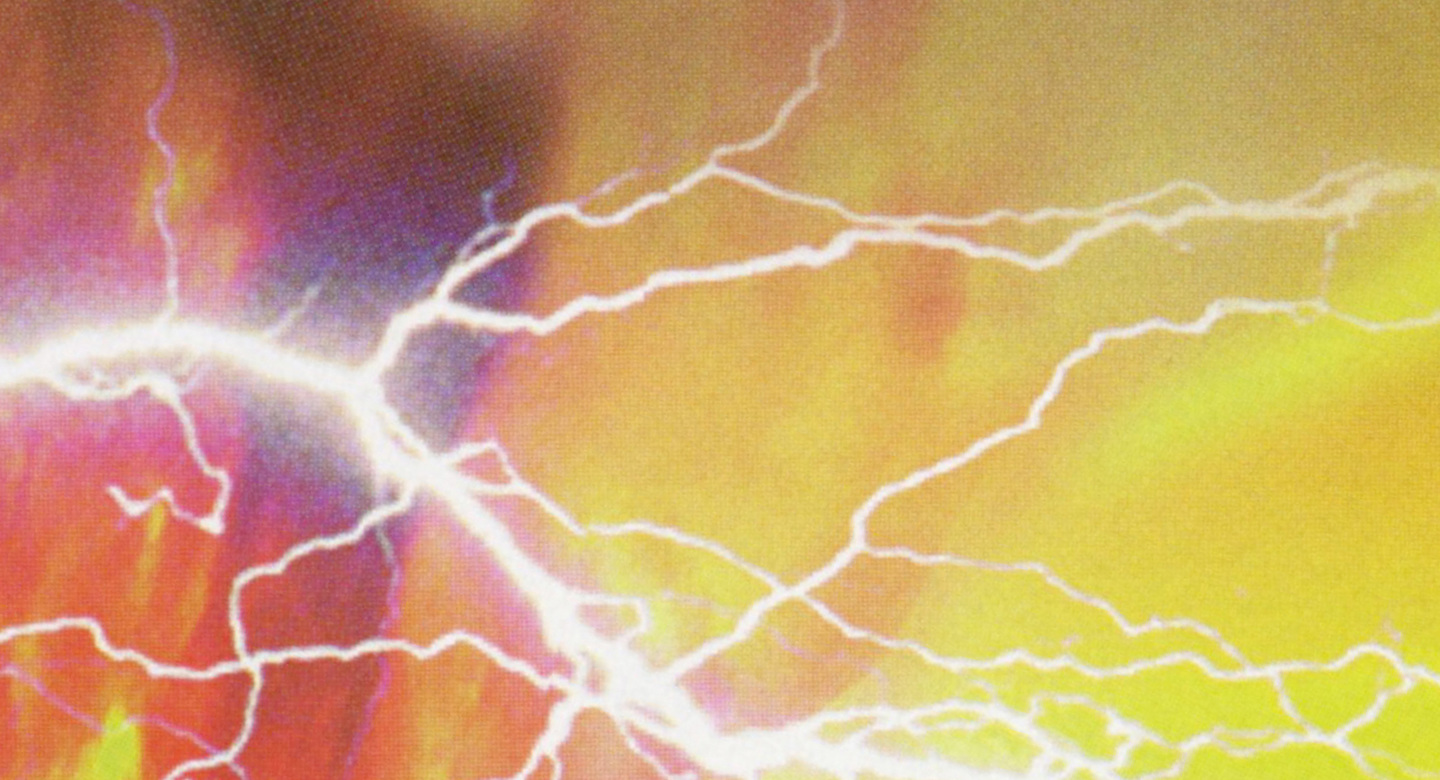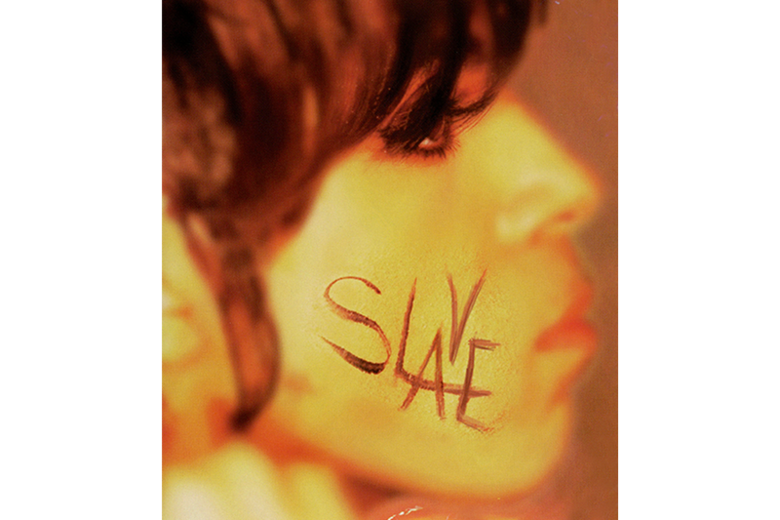

Jam of the Year
:30Right Back Here in My Arms
:30Somebody's Somebody
:30Get Yo Groove On
:30Courtin' Time
:30Betcha by Golly Wow!
:30We Gets Up
:30White Mansion
:30Damned if I Do
:30I Can't Make U Love Me
:30Mr. Happy
:30In This Bed I Scream
:30Sex in the Summer
:30One Kiss at a Time
:30Soul Sanctuary
:30Emale
:30Curious Child
:30Dreamin' About U
:30Joint 2 Joint
:30The Holy River
:30Let's Have a Baby
:30Saviour
:30The Plan
:30Friend, Lover, Sister, Mother/Wife
:30Slave
:30New World
:30The Human Body
:30Face Down
:30La, La, La Means I Love U
:30Style
:30Sleep Around
:30Da, Da, Da
:30My Computer
:30One of Us
:30The Love We Make
:30Emancipation
:30As the title suggests, Emancipation was released on Prince’s own NPG Records as a celebration of his newfound freedom from his contentious relationship with Warner Bros. Records. Remarkably, Emancipation was the third album to come from Prince in 1996. A soundtrack that Prince curated for the Spike Lee film Girl 6 was released in March; his final album of original material for Warner Bros., Chaos and Disorder, had been released in July; and Emancipation was released just a few months later on November 19, 1996.
This is my most important record. I’m free, and my music is free.”
Prince, Minneapolis Star Tribune, 1996
It was clearly a pivotal time in Prince’s life. In addition to beginning a new career as an independent artist, 1996 was also the year that he married his back-up dancer and muse, Mayte Garcia, and much of the spring and summer was spent preparing for the arrival of their child, who was born just a month before Emancipation was released. (Tragically, their son suffered from a rare disease and would pass away a week after his birth.) Because of these major shifts in Prince’s life, Emancipation captured the artist in an especially free-flowing mindset, and the three discs capture a wide array of styles, genres, and lyrical themes.
I’ve been recording almost every day of my life, working on a vast number of styles. I’ve always looked forward to the day when I would be free from any demands of any kind from anyone—free to do everything I want to do.”
Prince, Rolling Stone, 1996
Prince had been wanting to release a triple album of material since the 1980s (Sign o’ the Times, a double album released in 1987, was originally intended to be a triple album called Crystal Ball). Emancipation took the concept a step further, as Prince mixed the songs and interludes together to make each disc of the three-CD set precisely 60 minutes long.
Sometimes I stand in awe of what I do myself. I feel like a regular person, but I listen to this and wonder, where did it come from? I believe definitely in the higher power that gave me this talent. If you could go in the studio alone and come out with that, you’d do it every day, wouldn’t you? It’s a curse. And it’s a blessing.”
Prince, The New York Times, 1996
Emancipation was celebrated with a unique concert at Paisley Park on November 12, 1996, that was broadcast simultaneously on MTV, VH1, and BET. In a press release issued by NPG Records after the event, the concert was described as “a liberating performance” featuring Prince and his four-piece NPG, and attendees included Boys II Men, Donatella Versace, Phish, Bill Belamy, Mavis Staples and D'Angelo.
The album debuted at number 11 on the Billboard charts and sold over 500,000 copies, making it the fourth-best-selling triple album of all time in the U.S. Prince supported Emancipation with the wildly successful six-month-long Jam of the Year Tour, backed by drummer Kirk Johnson, bassist Rhonda Smith, keyboardist Morris Hayes, guitarists Kat Dyson and Mike Scott, and backing vocalist Marva King.
Only a slave to the beat could create the liberating sonic spree on Emancipation. The three-hour, three-CD set by the artist formerly known as Prince is astounding in both its stylistic breadth and disciplined focus.”
Edna Gundersen, USA TODAY, 1996
Emancipation Album Credits
Prince lead vocals and various instruments Mr. Hayes keyboards, backing vocals Tommy Barbarella keyboards Todd Burrell keyboards Joe Galdo music programming Ricky Peterson piano, keyboards Kathleen Dyson guitar, backing vocals Mike Scott guitar Rhonda Smith bass, backing vocals Sonny T. bass Michael B. drums Kirk Johnson drums Eric Leeds saxophone, flute Walter Chancellor Jr. saxophone NPG Hornz (Brian Gallagher, Kathy Jensen, Steve Strand, Dave Jensen, Michael B. Nelson) horns Brian Lynch horns Rosie Gaines backing vocals Kathleen Bradford backing vocals Rhonda Johnson backing vocals Chanté Moore backing vocals Kate Bush backing vocals Mayte spoken word, backing vocals Ninety-9 vocal sample, spoken word Janice Garcia spoken word Hans-Martin Buff spoken word Scrap D. rap Smooth G. shouts Michael Mac scratches Savion Glover tap performance
Join community to get news and updates
By providing us with your email address and clicking “Submit” you are agreeing to our Terms of Use and Privacy Policy.